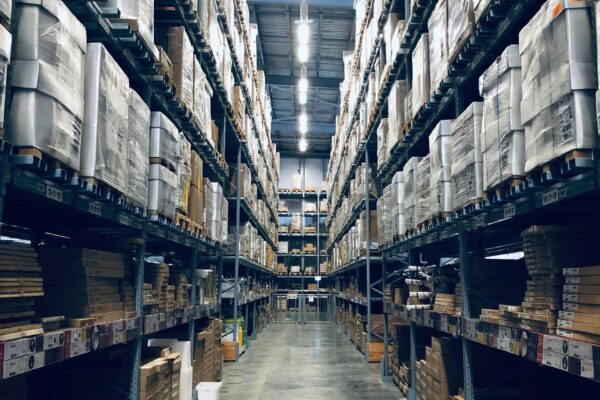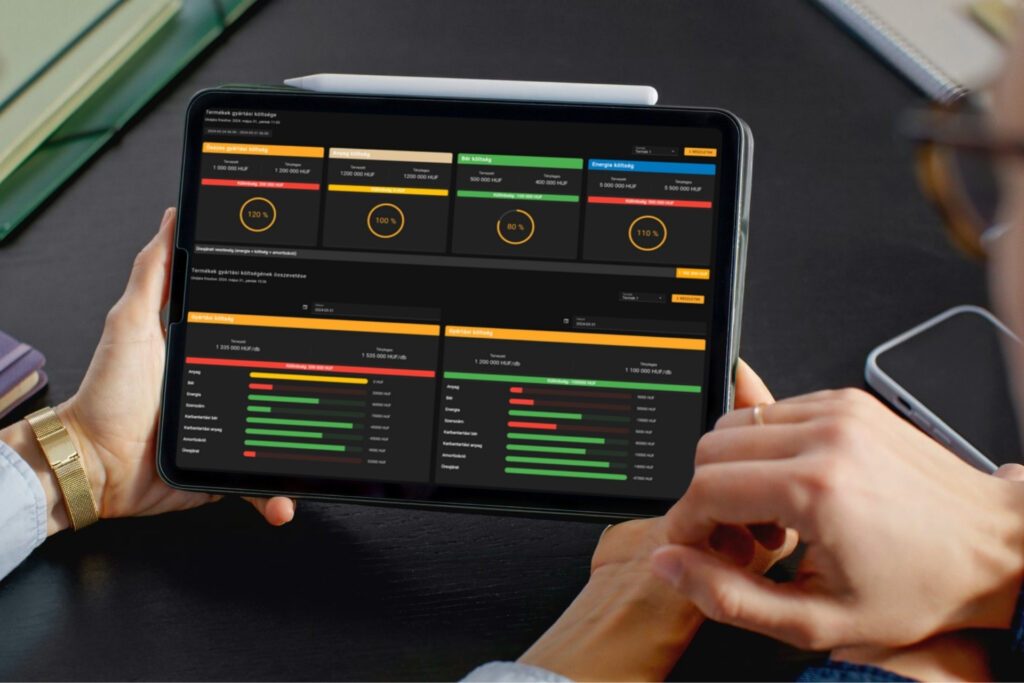After more than two years of waiting, the European Council approved the Corporate Sustainability Due Diligence Directive (CSDDD) on 24 May 2024, thus concluding the adoption process. This Directive aims to hold large companies accountable for human rights and environmental violations in their supply chains.
Who is liable?
- Those with at least 500 employees and an annual net turnover of at least €150 million.
- Those with 250 or more employees and an annual net turnover of €40 million or more, and an annual turnover of €20 million or more in a high-risk sector. High risk sectors include:
- Textile and footwear manufacturing or wholesale trade
- Food manufacturing or wholesale trade
- Agriculture, forestry and fishing
- Mining and wholesale of mineral resources
- Large enterprises from a third country with a net turnover in the EU of more than EUR 150 million.
What exactly does the Corporate Sustainability Due Diligence Directive mean for stakeholders?
Companies must identify actual and potential human rights and environmental impacts on their own operations and value chain. They must publish how they manage the risks identified. To do this, companies should develop a complex mechanism, possibly followed by a regulatory document.
As a first step, a full due diligence process should be applied, covering the company’s own operations, its subsidiaries and its value chain. Due diligence includes the identification of adverse effects. The company then develops appropriate measures to prevent or eliminate the adverse effects. With regard to the supply chain, the company should encourage external stakeholders. For example, if the company becomes aware of a breach of environmental or social standards among its suppliers and the supplier fails to remedy it within a certain timeframe, the company is obliged to terminate the business relationship with the stakeholder.
In addition to the above, the company is required to operate a complaints handling system. The purpose of this is to enable anyone who has been or may be affected by an adverse social or environmental impact to report it directly. It is important that the system is monitored and managed by a designated independent person. A well-functioning complaint handling mechanism can help the company to manage risk effectively, build trust with stakeholders and increase transparency.
Similar regulations have already been introduced for supply chain due diligence, the best example being the Lieferkettensorgfaltspflichtengesetz (LkSG), the German law on transparency and compliance in supply chains. This is a forward-looking example of how to increase transparency and sustainability in supply chains.
Companies should start preparing as soon as possible to successfully adapt to the new requirements, as it is a challenge to collect the necessary data and information.
A summary of the latest developments in ESG regulation, implementation news, tips and guides will be sent to our subscribers in our ESG newsletter. Don’t miss out, subscribe HERE!

